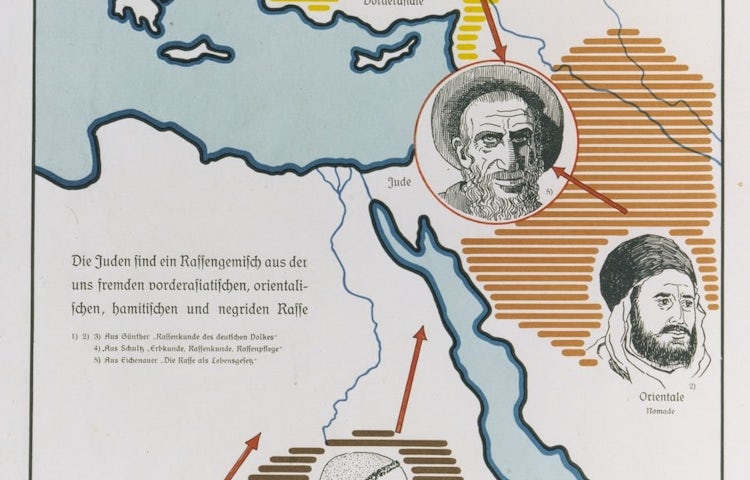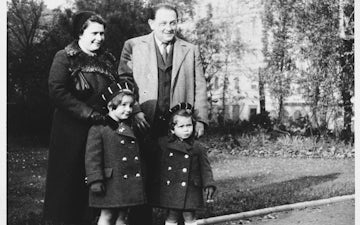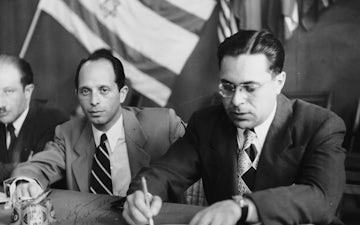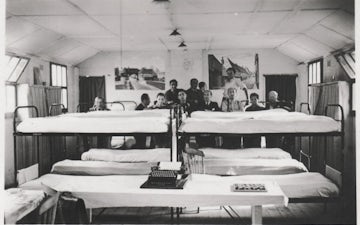
The question of how far German society agreed with Nazi racial policies has been the subject of intense debate. A distinction must be made between the period of the “rise to power of the Nazi Party” (1924-1933), the prewar period (1933-39), and the subsequent period of WW2. The overall picture is that before the Nazis came to power, Germans may not have fully understood the central place of antisemitism in Nazi ideology as it was de-emphasized for electoral purposes; in the prewar period of the Third Reich, racial policy was accelerated by society as well as by the regime. During the Second World War, it seems clear that there was widespread knowledge of what was happening to Jews in Germany and elsewhere. The degree and nature of opposition to the regime (and the severity of punishment), also changed during the three periods.
Up to 1933 (the period of the “rise to power”), Nazi propaganda contained viciously antisemitic imagery, but downplayed the role of antisemitism in areas where it thought it was counter-productive. Research suggests that Germans became antisemitic because they became Nazis, rather than antisemitism being a primary part of the NSDAP’s appeal. During the prewar period of 1933-1939, however, German civil society took its own measures, excluding and segregating Jews in ways that exceeded the regime’s policies, benefiting economically from the exclusion of Jews from economic life. Records of the Gestapo suggest that most arrests for breaking the racial laws originated from information provided to the Gestapo by informers, though it is impossible to know how far these informers were settling personal scores or acting out of ideological conviction.
During the Second World War, knowledge of what was happening to the Jews of Germany and in “the East” was widespread, as letters and photographs from soldiers in occupied Poland and the USSR contained graphic descriptions and depictions of atrocities. Allied propaganda broadcasts also gave details of what was happening, as did resistance groups such as the White Rose in Munich. Progressively harsher measures against domestic opposition went hand in hand with harsher punishments for harbouring or helping Jews.
In terms of opposing racial policies and atrocities, the most important fact concerns the direct perpetrators. There are numerous examples of soldiers and policemen being “excused” from killing operations if they indicated unwillingness to participate. No example has been found of a perpetrator being punished for refusing to kill.




